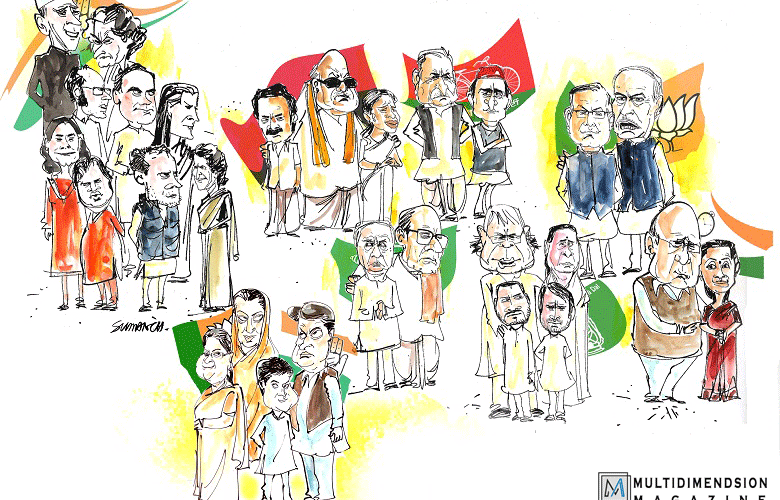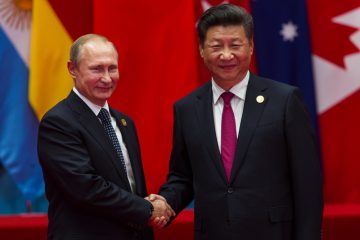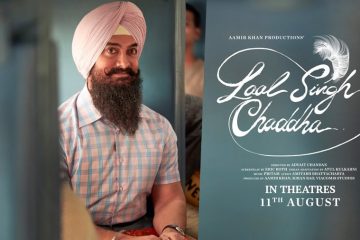Written By: Sankhadip Das
Kolkata, India
Illustration: Suman Choudhury
Another general election is round the corner, and once again the same old discussion has started making rounds – The great Indian political dynasties. Despite being a flourishing democracy for the last seven decades, why politics in India, is more of a family business? Is it harmful to the economy and development? Should it at all exist?
These questions have become more pertinent now, or you may say as the Lok Sabha election looms large, the ruling party at the centre is stirring these issues to surface. The reason being that their leader, the current Prime Minister is a bachelor and has come through a really hard way to be here today. And his main opponent is Rahul Gandhi who is a dynast.
But before we enter the main discussion, let’s see the various political dynasties of India.
Out of these dynasties, the best known to the entire world is Nehru-Gandhi Family, which dominated the freedom movement, the leadership of the Congress party post-independence and obviously the prime ministership.
But that doesn’t stop here. Rather in every layer of Indian politics, there are dynasties in various forms and means. There are several political leaders who have come through many social and political movements and now lead the parties through generations. For example, let us look at the Karunanidhi family of the DMK party in southern India. Then there is the Yadav family (Mulayam Singh Yadav and his son Akhilesh Yadav) in the largest Indian state of Uttar Pradesh. In the under-developed state of Bihar, ruled the Lalu Prasad Yadav family. Akali and Badal families in Punjab. Pawar and Thakre families in Maharashtra. In West Bengal, Mamata Banerjee and her family. In Jammu and Kashmir, Abdullahs and Muftis. The Patnaik family in the state of Orissa and so on…
You can also see the existence of dynasties in the lower layers of these political parties. The son of a member of the Parliament would become an MP only by the virtue of being a successor. So will do the son of an MLA. Even the BJP party is not immuned from this trend. In the Narendra Modi cabinet, there are leaders who are treading the power corridor only because they belong to the family of other senior political leaders.
Now, a question may arise, is there a social justification behind this?
Many would think, yes. Historically, we have feudalism in the DNA of India’s social and political system. Once upon a time, many states of India were ruled by the kings and their families. Eventually, the son of the king would become the next ruler. Be it out of fear or respect, the reigned common men of India would always demonstrate obeyance to the rulers. Even the Britishers, after colonial establishment, ruled the Union of India with 500 princely states.
Be it in business or in the cinema industry, the examples of a son stepping into his father’s shoes are very commonly seen. But the question here is, is the dynasty system harmful to the society in general? Is it unproductive for the system itself?
Let’s look at it differently for a moment. Can somebody coming from a reputed political family be disqualified from politics? Should the family be dismissed as a qualification?
For instance, should Rahul Gandhi be disqualified because he was born in the most reputed family of India? Should that pose as a disadvantage for him? Should Rahul curse himself because he is Rajiv Gandhi’s son and carries the Nehru’s legacy? Should Rahul be mortified that his father was not a chartered accountant, an engineer, a doctor, a singer or an unknown person? Should Rahul be seen as less suitable for politics because his family members served the country with exceptional commitments and made ultimate sacrifices with their lives?
Should Sachin Pilot the deputy chief minister of Rajasthan be ashamed of being the son of Late Gujjar leader and former Tele Communication minister Rajesh Pilot, who struggled to become a pilot despite wretched poverty? Sachin says he is proud of his father and there should be no problem with that. Should Farooq Abdullah feel the same way because he is the son of the legendary leader of Kashmir,- Sheikh Abdullah.
We seem to now have a clearer perspective of a dynasty in politics. It looks out of the context when we approach the subject directly. Reversing the logic gives a different perspective. Why should anybody’s ancestry be a disqualification for his own political career? Moreover, when the legacy system has become an integral part of the Indian social infrastructure. The real factor is merit. Now the purpose is to create a just, merit-based system where extraneous factors like inheritance do not become the defining characteristic.




